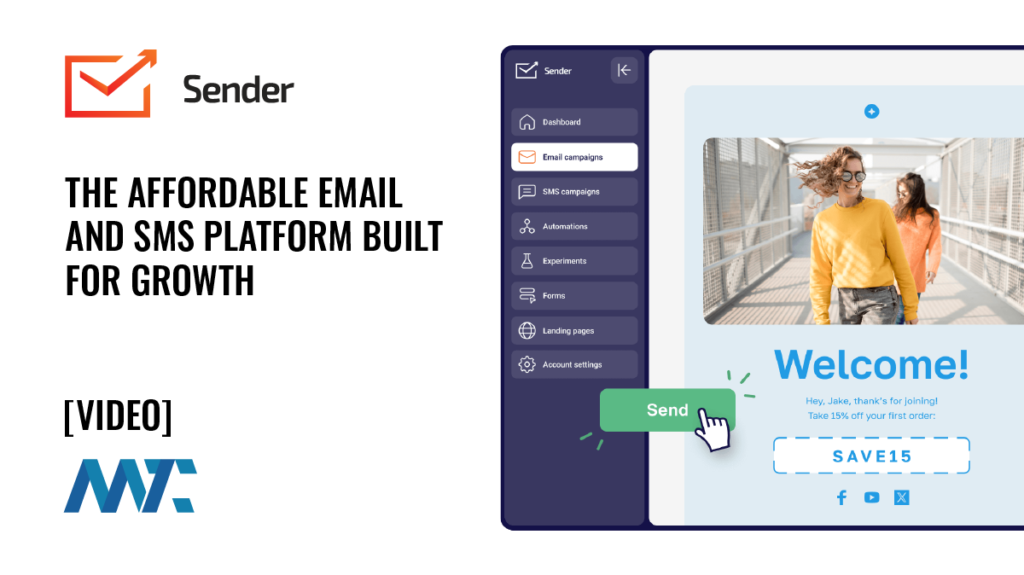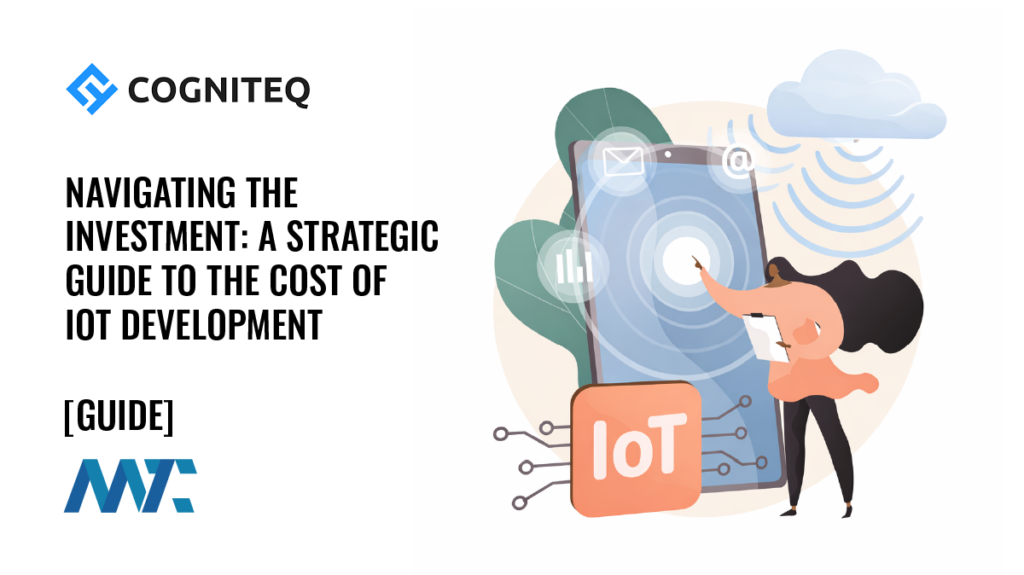Smart Contracts Explained: How Blockchain is Automating Sales and Marketing

The global smart contracts market is projected to grow from USD 2.14 billion in 2024 to USD 2.69 billion in 2025, exhibiting a CAGR of 23.9 %
Metatech Insights
Smart contracts are digital agreements that self-execute when predefined conditions are met. They’re written as code and stored on a blockchain, ensuring that once deployed, their terms are carried out automatically, without the need for intermediaries. This automation, combined with blockchain’s transparency and immutability, creates a reliable framework for executing business agreements.
How Do Smart Contracts Work?
Smart contracts operate on programmable logic. When a triggering event occurs—such as delivery confirmation, payment receipt, or data input—the code embedded within the contract evaluates the conditions and executes the agreed-upon outcome. This automation streamlines processes and increases trust.
- Decentralized ledger: The contract is published across a blockchain network where multiple nodes validate execution, ensuring no single party can alter outcomes or suppress actions.
- Immutable program logic: Once the contract is written, the logic and conditions cannot be tampered with without consensus, a key deterrent against fraud or unilateral changes.
- Trusted data inputs (oracles): Smart contracts rely on external oracles to fetch real-world data—such as shipping status, payment confirmation, or weather conditions—and integrate them on-chain, enabling real-world condition monitoring.
Why Smart Contracts Matter for Sales & Marketing
For sales and marketing teams, smart contracts go beyond novelty—they represent a toolkit that can automate core business processes, enhance credibility with partners, and customize buyer experiences through transparent, tamper-proof execution.
- Streamlined automation: By embedding rules for invoicing, affiliate payouts, rebates, and loyalty rewards directly into smart contracts, businesses can reduce manual work and speed up execution based on trigger events.
- Enhanced trust and transparency: Immutable, auditable contract execution means all parties—and even clients—can verify terms and delivery without needing mediation or approval.
- Cost reductions: Smart contracts eliminate the need for intermediaries, reducing administrative overhead and drastically lowering transaction and enforcement costs.
- Quick and secure payments: With blockchain and DeFi, payments—especially cross-border transfers—can settle within minutes, with minimal fees compared to traditional banking systems.
- Integrated marketing incentives: Incentive programs, such as loyalty schemes or referral bonuses, can be precisely defined and executed based on customer behavior, rewarding engagement instantly and automatically.
The Role of Blockchain & Crypto in Driving Smart Contracts
Smart contracts, although programmable logic at their core, gained widespread adoption through blockchain and cryptocurrency platforms. These technologies matured the contract market and broadened the scope of possible use cases.
- Ethereum and programmable contracts: Ethereum’s introduction of Solidity enabled the creation of Turing-complete contracts, fueling the growth of DeFi, NFTs, DAO governance models, and enterprise smart contract applications.
- Diverse ecosystems: Public blockchains, such as Ethereum, Solana, and Polkadot, drive open, cross-border innovation in tokenization, loyalty programs, and governance. In contrast, private chains like Hyperledger and Corda focus on permissioned, enterprise-friendly deployments.
- Scalability and interoperability: Advances in cross-chain bridges and layer‑2 protocols have reduced costs and latency, making smart contracts more practical for mass-market business use.
- Oracle integrations: By connecting contracts to external data—such as CRM metrics or supply chain information—smart contracts adapt to real-world variables, allowing marketing teams to trigger rewards or penalties based on measurable outcomes.
Business Benefits Unlocked
Smart contracts shift from theoretical promise to practical advantage when businesses deploy them strategically. Here’s how they reshape operations:
- Accelerated go-to-market cycles: Conditional agreements—such as campaign launch triggers or performance-based rebates—can be executed immediately without manual intervention.
- Reduced compliance overhead: Immutable ledger entries simplify auditing and compliance, providing precise, incontestable execution trails.
- Real-time ROI tracking: Affiliate and partner payouts can be coded to execute based on performance KPIs, yielding instant feedback and dynamic rewards.
- New revenue models: Tokenized campaigns, subscription automations, and blockchain-based loyalty systems offer creative, scalable marketing opportunities.
- Strategic marketing automation: Conditional campaign logic—from influencer payments to customer tier upgrades—becomes enforceable code, with minimal error and complete transparency.
Industry Outlook & Growth
The smart contract space is expanding rapidly, driven by demand in DeFi, supply-chain automation, governance, and beyond. Here are the latest growth projections: This rapid expansion underlines not only technical viability but also serious enterprise and marketing interest, fueling implementation across finance, logistics, retail, and emerging tokenization sectors.
Smart contracts are transforming sales and marketing by embedding business logic directly into secure, transparent code. They offer automation, credibility, and innovation—all built around blockchain’s immutable ledger. As the market continues to grow at a 20–25% annual rate, these tools are no longer a future experiment—they are operational assets that are already reshaping how business is done.
Sales and marketing leaders should explore pilot projects that encode key agreements—such as affiliate deals, loyalty payouts, and campaign triggers—to gain strategic insights and a competitive advantage in a fast-evolving digital economy.








